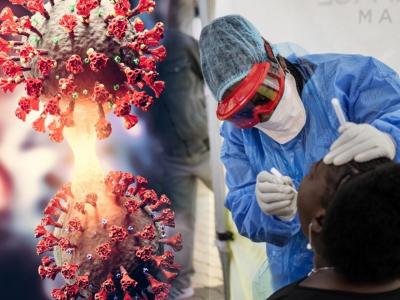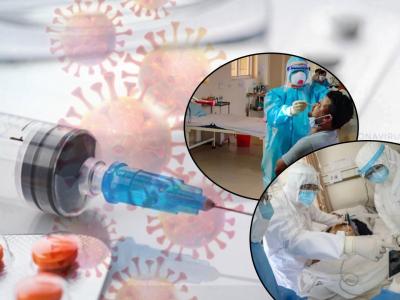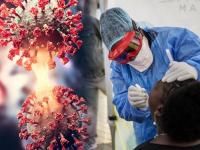Ghana reports first-ever suspected cases of Marburg virus disease
By Benson | Published: July 13, 2022 04:27 PM2022-07-13T16:27:07+5:302022-07-13T16:27:07+5:30

Ghana, in West Africa, has recently reported two cases of the Marburg virus, which is a relative of the Ebola virus.

The two instances of Marburg Virus Disease (MVD) were discovered in the Ashanti area, which is roughly 250 kilometres from Accra, according to a statement released on Thursday by the Ghana Health Service.

The statement reads, "Blood samples were sent to the Noguchi Memorial Institute for Medical Research. Preliminary results suggest the infection is due to the Marburg virus."

The health directorate in the region is currently looking into these cases to find more of these incidences.

Apart from the two patients who tested positive for the virus, 34 people have been quarantined and monitored who were in contact with the infected people.

So far, the health authority has found that the two patients from the southern Ashanti region showed symptoms including fever, diarrhoea, vomiting and nausea, as per the report by the World Health Organization (WHO).

Marburg virus is an infectious disease that can cause haemorrhagic fever. The death rate of this highly contagious disease is about 88 per cent, according to WHO.

It belongs to the same family as the Ebola virus family of pathogens. The disease was first identified in 1967 because of two significant epidemics that happened concurrently in Marburg, Frankfurt, and Belgrade, Serbia, as well as in Germany and Germany.

WHO says that prolonged exposure to mines or caves where Rousettus bat colonies are present causes human infection with the Marburg virus disease. It spreads from one person to another through direct contact (through a break in the skin or mucous membranes) with the blood, secretions, organs, or other bodily fluids of an infected person as well as with surfaces and materials (such as bedding and clothing) that have been contaminated.

Survival is increased with supportive care, which includes treating specific symptoms and rehydrating patients with oral or intravenous fluids.

There is no effective treatment for the Marburg virus disease. However, health authorities are checking prospective treatments, including immunotherapies, pharmacological therapies, and blood products, are now being examined.



















